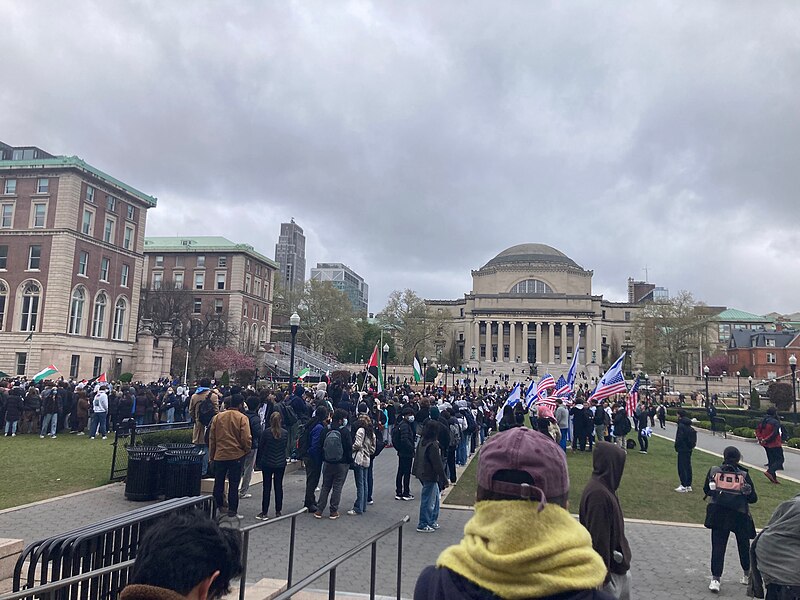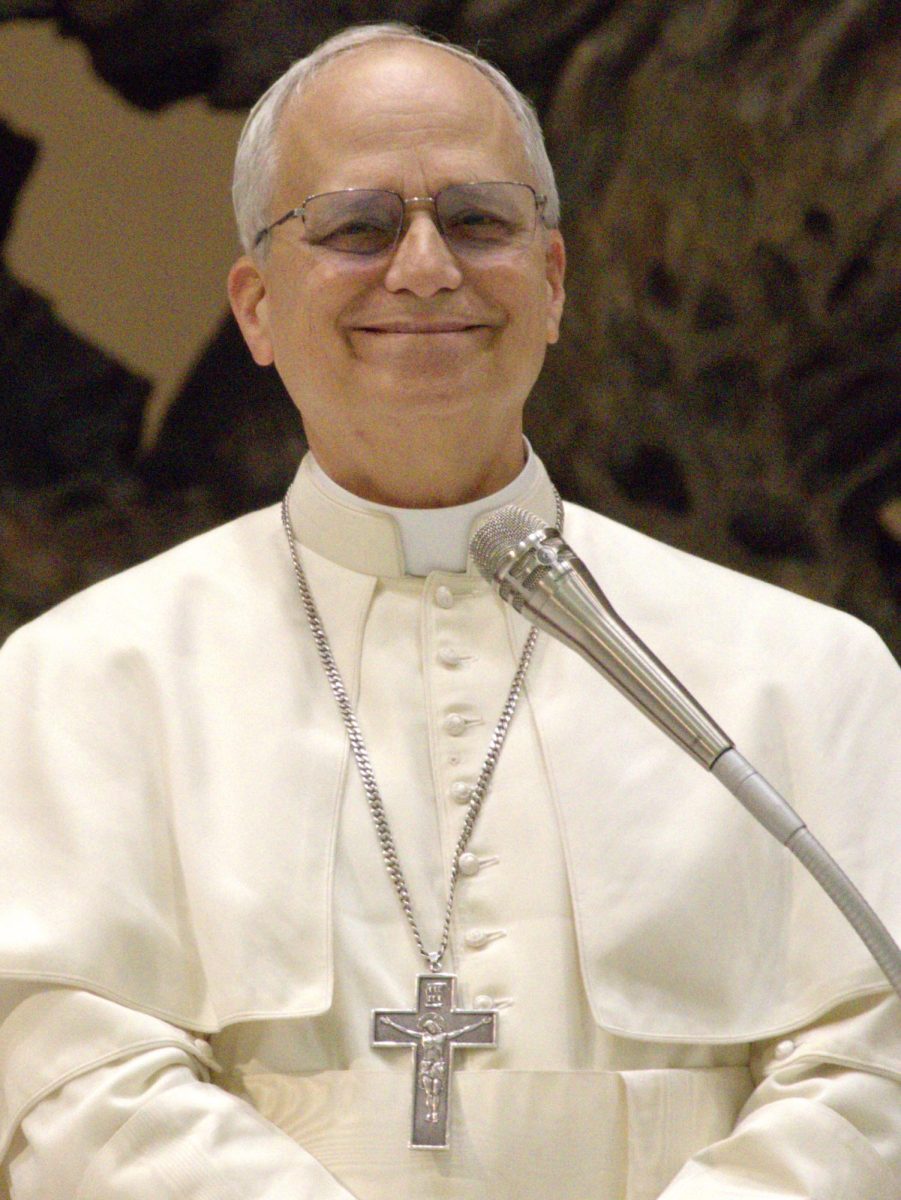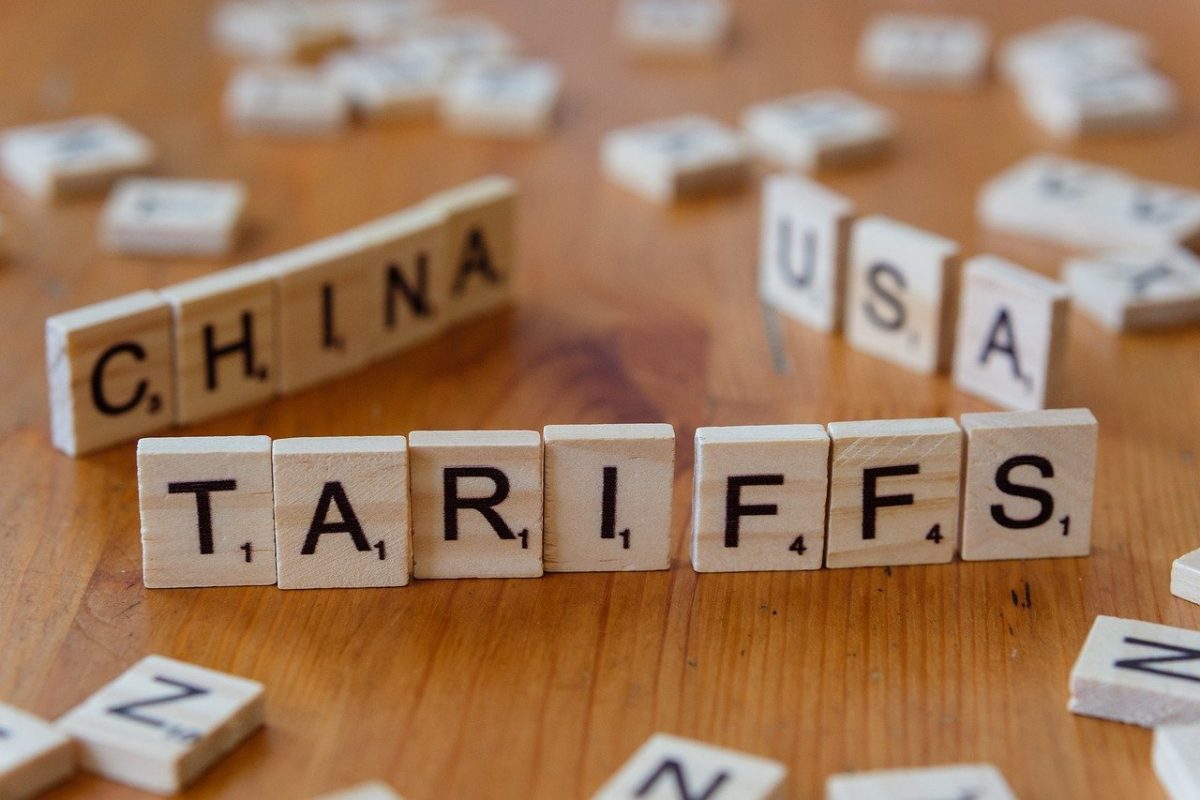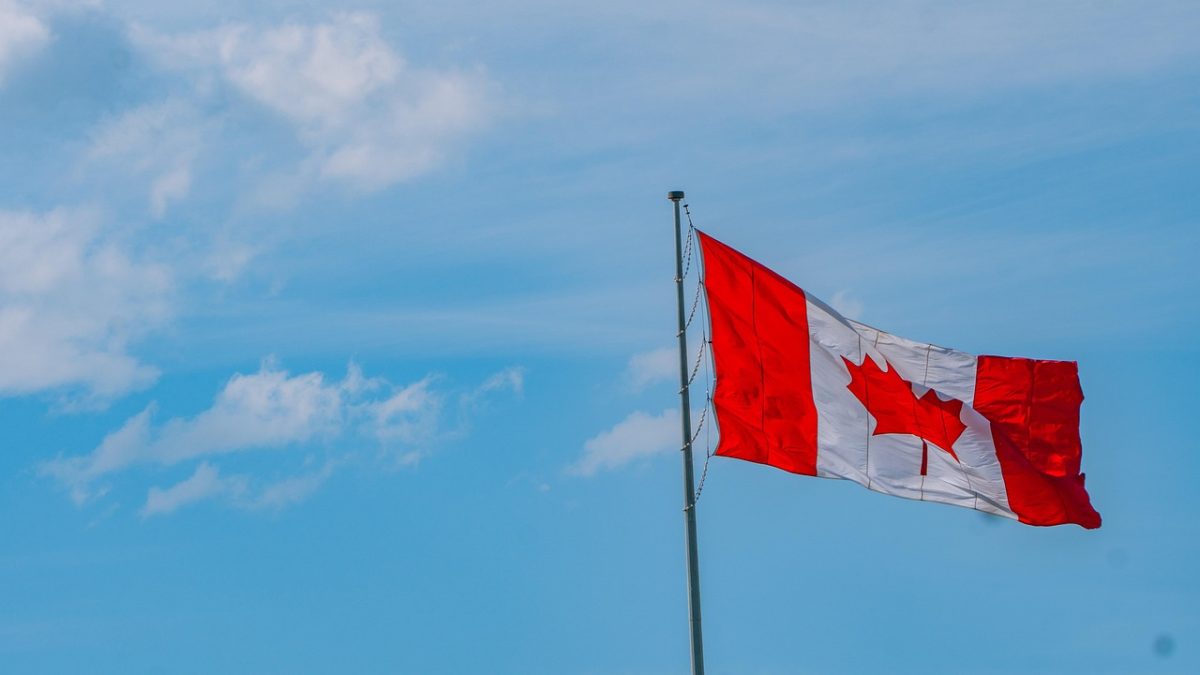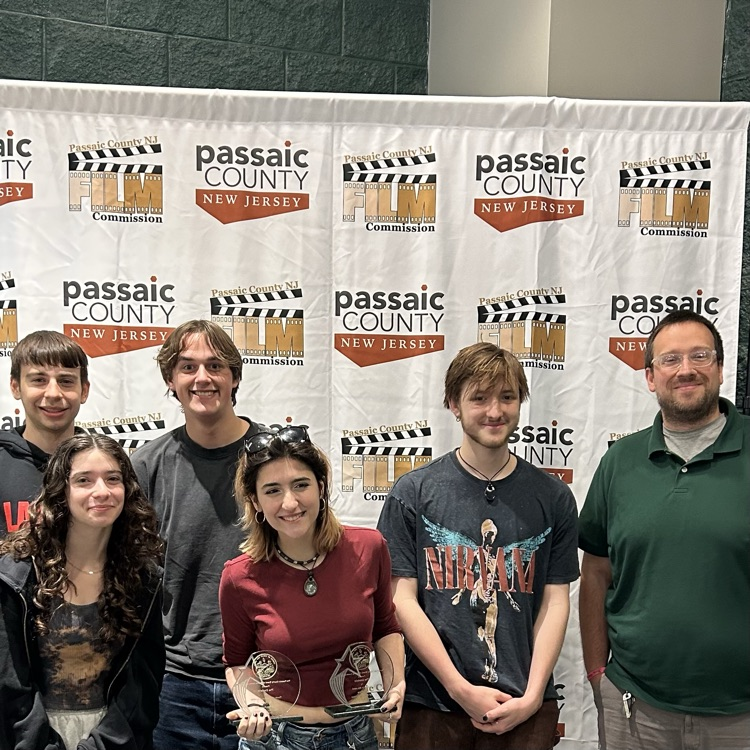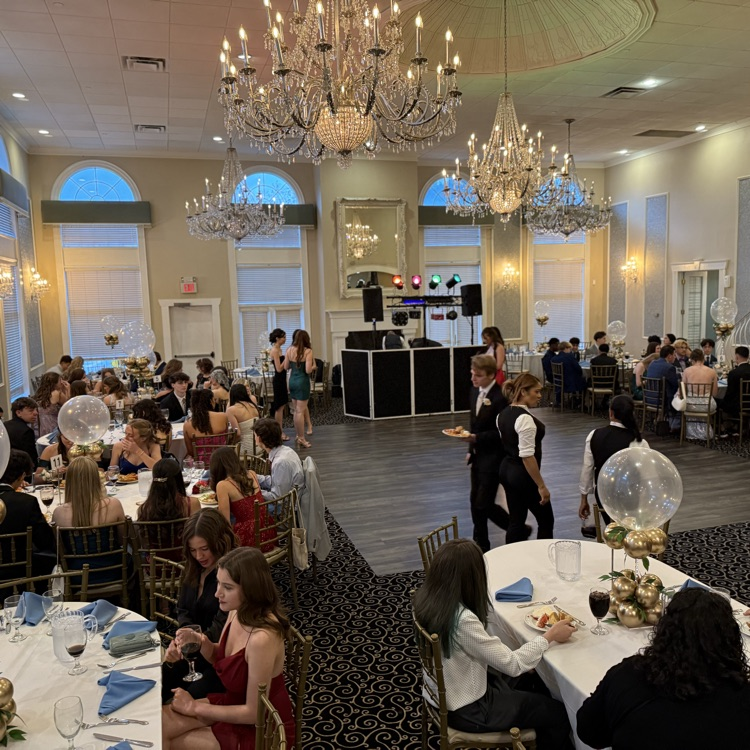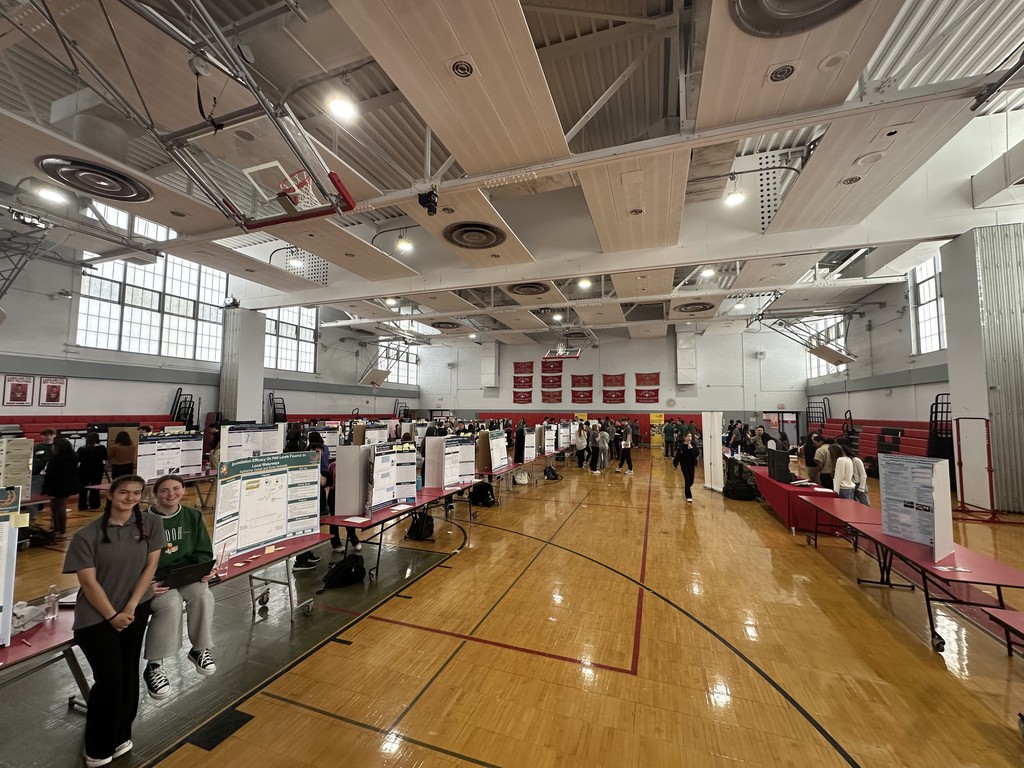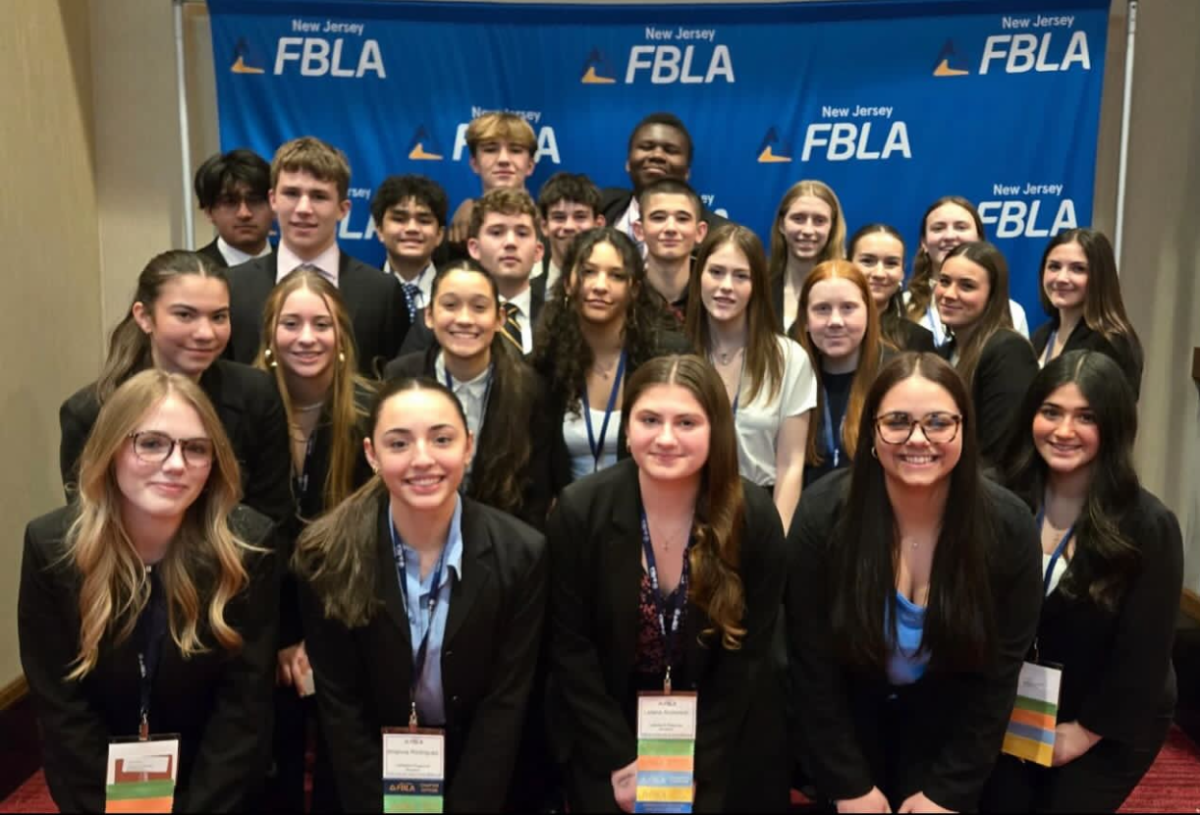For months now, pro-Palestinian, anti-war protests have been occurring in universities throughout the country. The protests have been met with conflict from pro-Israeli and Jewish students, with tensions running extremely high in universities, which has led to some clashes. As campus protests surge across the United States, Russia has decided to utilize this network to fuel tensions even further. For many years, Russia has made use of its wide network of disinformation to further its own interests both domestically and abroad,
Protests have only increased in size and quantity as Israel continues its offensive into Gaza, which includes relentless bombing. However, these protests are also being fueled by the widespread misinformation on both sides of the conflict, being propagated by the Russian government.
Why spread misinformation about Israel and Gaza?
Russia see’s these protests as an opportunity to destabilize America and has been sowing division in the United States via an new disinformation campaign through the Kremlin network Doppelganger. The network uses inauthentic bot accounts to spread links to fake versions of news sites spreading false news such as Taylor Swift supports the Russian invasion of Ukraine. The way the network spreads its disinformation is via a combination of “content bots,” who post the fake news links on sites like X, and “promotion bots,” who spread the original post and boost its numbers. The reason these links can be detected as false information is because not only have they been using the same URLs for years, but the URLs also are different from the normal news sites’s URLs. The site recently spread the false claim that the college protests are being funded by the Soros and Rockefeller Foundations, with this story shared in eight distinct posts on X, and shared by 750 bot accounts, leading to almost 6000 total retweets.
The Doppelganger network has echoed the narratives of Kremlin aligned channels, including the official state run media and Telegram group chats that are aligned with the Russian government. One such narrative for the current Israel/Gaza protests is the “threat of deadly police violence against demonstrators,” linking the current protests with the Kent State Protests of 1970.
The Kremlin aligned news network Sputnik was also found posting on Facebook: “Land of the Free? How US Lawmakers Restrict Students’ Right to Peaceful Protest: US lawmakers have once again demonstrated where their sympathies lie in the Israeli-Palestinian conflict by cracking down on student protests against the bloodbath in the Gaza Strip.” This campaign has also been taking place on Telegram, where Russian influencers have been making content related to the protests. One such channel, a military blogger with 800,000 followers, has been showing police on campuses and claiming it showed “urban warfare training.” One subscriber would also state “North against South, crips against bloods, donkeys against elephants, and everyone against everyone.” The Telegram channels, which are accessible by both countries, appear to coordinate around a narrative of US hypocrisy when it comes to freedom to protest and demonstrate.
Russia’s Goals
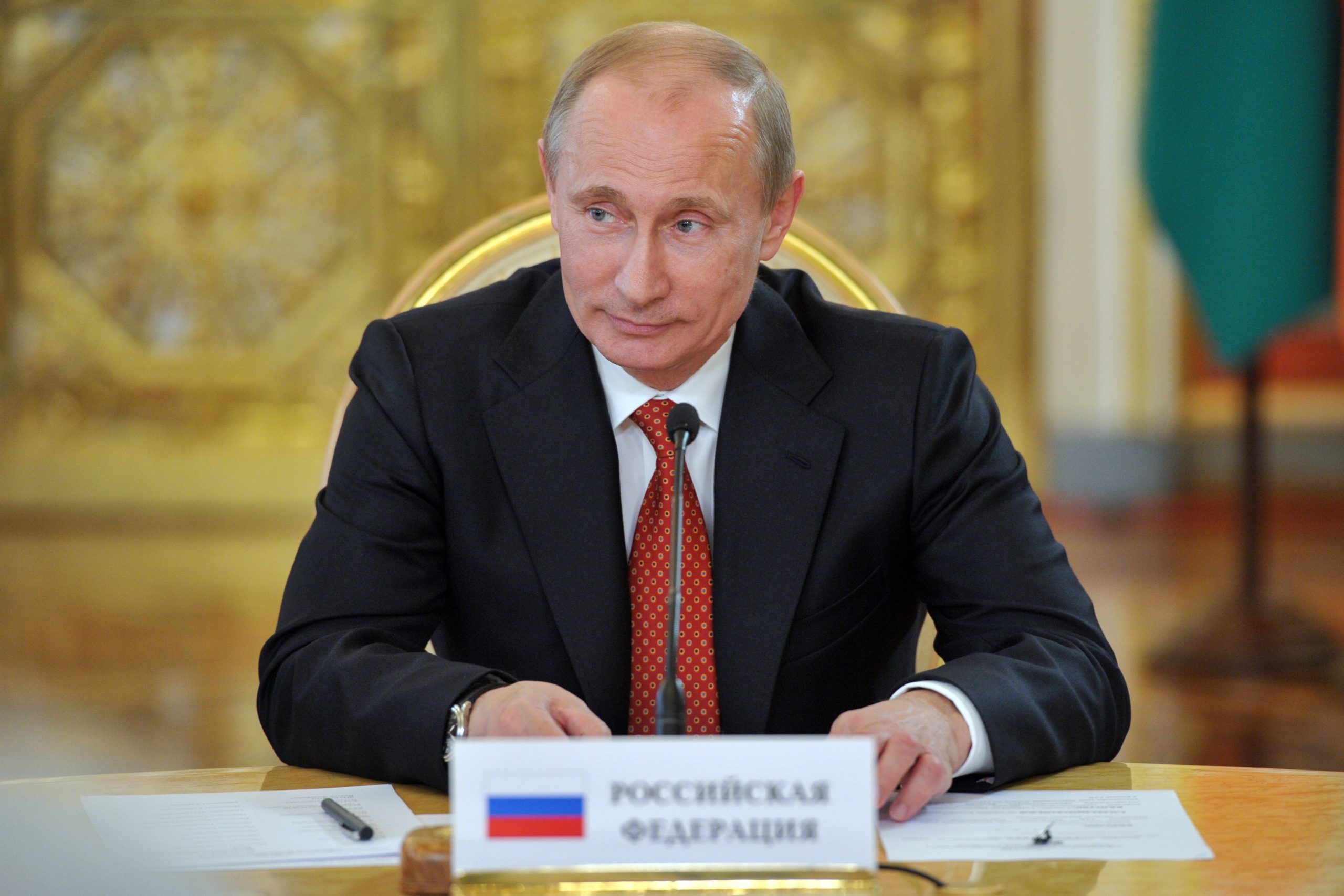
The current protests aren’t the Russian government’s first use of misinformation, in fact misinformation has been a tool of the Russian government for years now with it proving to be a valuable tool for Putin’s administration. Despite what it may seem, Russia isn’t just using disinformation as a way to cause chaos in other nations, but instead their use is part of a strategy for Russia to achieve its foreign goals
One such goal is to restore Russia’s place in the world to a great power via weakening its enemies within. Disinformation gives Russia one way to roll back US global influence. In the perspective of Russia, it can only gain more influence abroad if they can cause America to lose influence abroad and vice versa. While in the west, Russia’s actions may be viewed as belligerent, in Russia’s eyes they are trying to “right the global power imbalance.” Russia uses disinformation to propagate narratives that damage the perceptions of the US global leadership. In Russia’s eyes, after the collapse of the Soviet Union in 1991, the U.S. and its allies capitalized on Russian weakness in a decade marked by unemployment, economic troubles, crime and corruption to cripple the former world power to a point where its input on foreign issues was no longer taken into account. Disinformation makes it easier for Russia to exploit divides inside the US to make it appear more dysfunctional and make Russian views more legitimate. Such tactics have been used by Russia as far back as the Cold War where Russia exploited divisions inside the US in an attempt to weaken it.
Another goal for Russia’s disinformation is to preserve Russia’s sphere of influence. Disinformation creates big internal problems for the U.S. that requires it to focus more inward and domestically rather than outwardly and internationally, allowing Russia to project its influence in the countries along its borders- like Ukraine. In Russia’s eyes, every great power is entitled to a sphere of influence in which they exert control over nations bordering it and decide that nation’s strategic orientation. A sphere of influence is particularly important in Russia’s eyes as its own vast territory has been difficult to defend and has left Russian leadership with a sense of vulnerability. In the minds of Russian leadership, this vulnerability has made it necessary to have compliant governments on their borders, including that of nations that were formerly inside the Soviet Union. Nations that are hostile to Russia must be kept weak as Russian leadership’s worst nightmare is to have a western aligned nations on its borders. Thus disinformation helps prevent this by making Russia seem more appealing to nations in the east than the western nations. All in all, Russia hopes that by using disinformation, it can pit NATO’s members against each other and cause the breakup of the alliance, as for Russia each nation that joined NATO increases its own vulnerability and annexation.
The Russian government also hopes that disinformation will prevent a western styled democracy from rising in Russia. Russia doesn’t want democracy to be seen preferable to the autocratic government of Russia, and through disinformation, the Russian government can highlight cracks in western society by showing the chaos of western democracies. Putin heads a government with a network of elites who benefit from Russia’s current state, and ever since Putin’s rise to power in 2000, they view “Western backed conspiracies” as great threats to the regime in Russia. Russia is also worried about revolutions in the nations bordering it as in the minds of Russian leadership, if a revolution can occur in Ukraine or other Eastern bloc countries, then one can occur in Russia which in their minds would see a weakened Russia subservient to the west.
The final goal of Russian disinformation is to enhance the military capabilities of Russia. In 2013, Russian Chief of the General Staff Valery Gerasimov said that nonmilitary tools, including disinformation, are as important as traditional hard military power. Russians view disinformation as a military tool as well as a political tool. While in the west there was a distinction between a state of war and peace, the communist worldview doesn’t have a difference between the two and believe all political activity is a conflict. Russian information warfare experts believe that both Russia and the West use these tactics in both peace and war. While Russia knows that it would be at an disadvantage militarily if a war were to break out with the west, disinformation can serve as an equalizer.
The campus protests aren’t the first instances of Russian disinformation. For years before invading Ukraine, Putin’s regime propagated anti-Ukrainian and anti-Western ideas, often trying to distort historical truths in order to further their agenda. Putin would have his agencies send out articles stating his government was trying to “Denazify” Ukraine, alleging the genocide of ethnic Russians in Ukraine, despite there being no proof of this.
How to Identify Disinformation
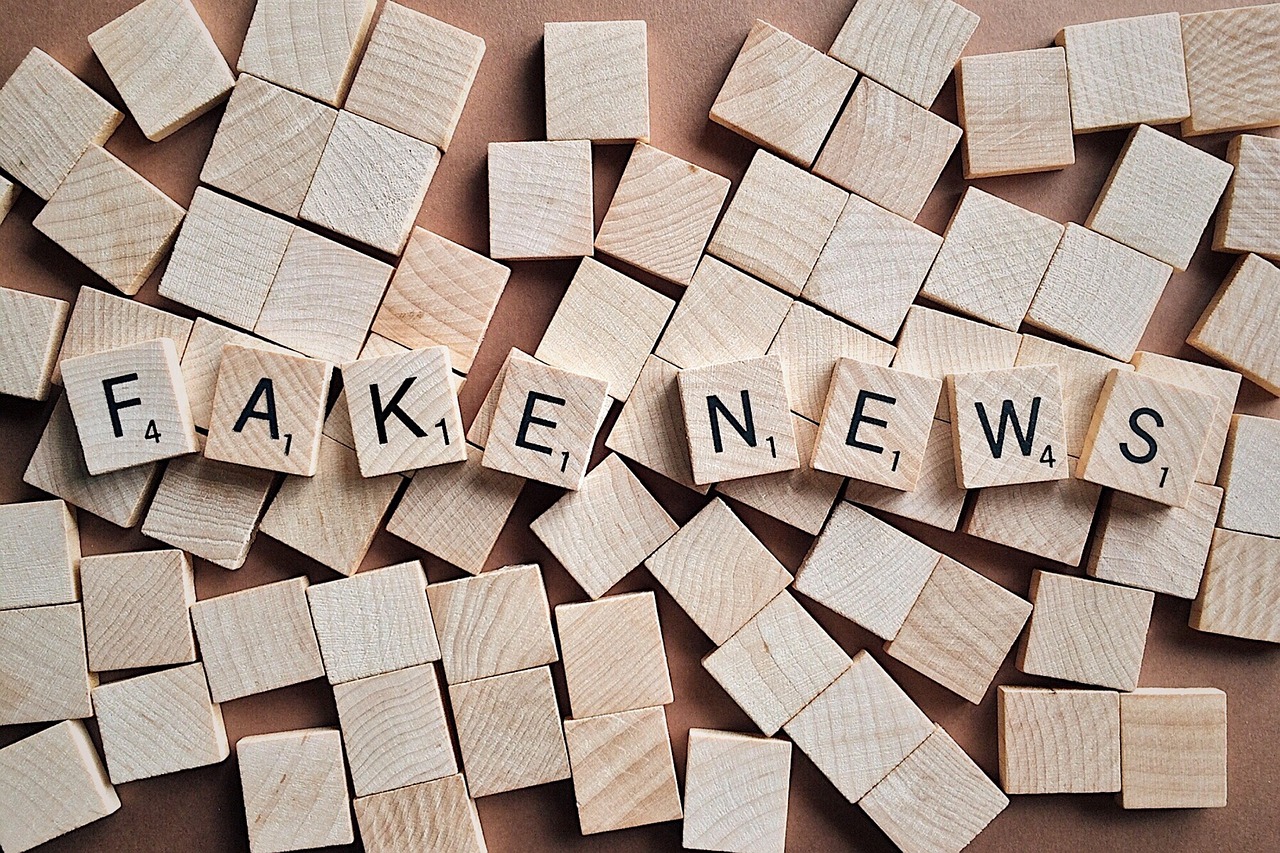
Though disinformation can prove to be very effective, it can also be easy to fight and spot it. First off, if information seems outlandish or is from a questionable source, readers can check other sources of information to see if this is the only report of this story. A tip is to check major news agencies’ coverage – such as the Associated Press, New York Times, and BBC. Another key thing to do is read beyond the headline; actually read the article, as headlines can be exaggerated or leave something out to pull readers in. Lastly, develop a critical mindset to not let your biases and emotions get in the way of your critical thought process when reading a story, as well as using a fact checking site, such as Snopes, to verify the information presented.


